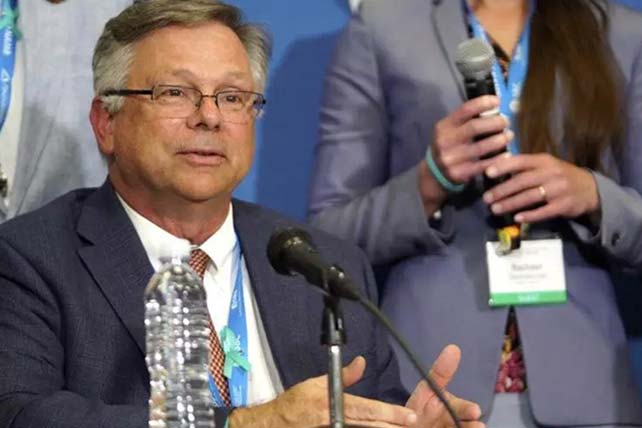“We’re hoping for a cultural change where churches have no toleration for sexual abuse, and are taking all the steps to make sure we prevent it in our churches. We believe the local church in ultimately where this has to happen.”
Among the practical ways Blalock said churches should care for survivors in their church and community is to see them and try to understand what they are experiencing, provide access to trauma-informed counseling and take steps to try to prevent abuse from ever happening again.
RELATED: SBC Messengers Vote Overwhelmingly in Favor of Sexual Abuse Reforms
Regarding caring well for survivors, Blalock said the main spiritual lesson he took away from his service with the Task Force was a deeper understanding of the compassion of Jesus Christ.
“One of the words in the Gospels that is most meaningful to be describing Jesus is when it says he had compassion on people,” Blalock said.
“There were times where people would have needs, and the Gospel writers stop and make note of the fact that he had compassion on those people. My experience on the Task Force has caused me to want to think and act with more compassion to the people around me that have suffered sexual abuse, and in some ways even the abusers as they certainly need help and they need God’s grace to shape their lives.”
The Task Force recently began meeting with new SBC President Bart Barber for times of questions and discussion as he prepares to name the upcoming Abuse Reform Implementation Task Force.
A love for the Convention is what continually carries Blalock on as the work continues.
“I love the SBC, and I want to see us be the people God has called us to be,” Blalock said. “I want to see our churches working together and cooperating to serve God’s purpose and do missions throughout the world. “We don’t think that we can stop sin, but we can sure do all we can as churches to have policies that can make it very difficult for sexual abuse to happen.”
This article originally appeared at Baptist Press.

